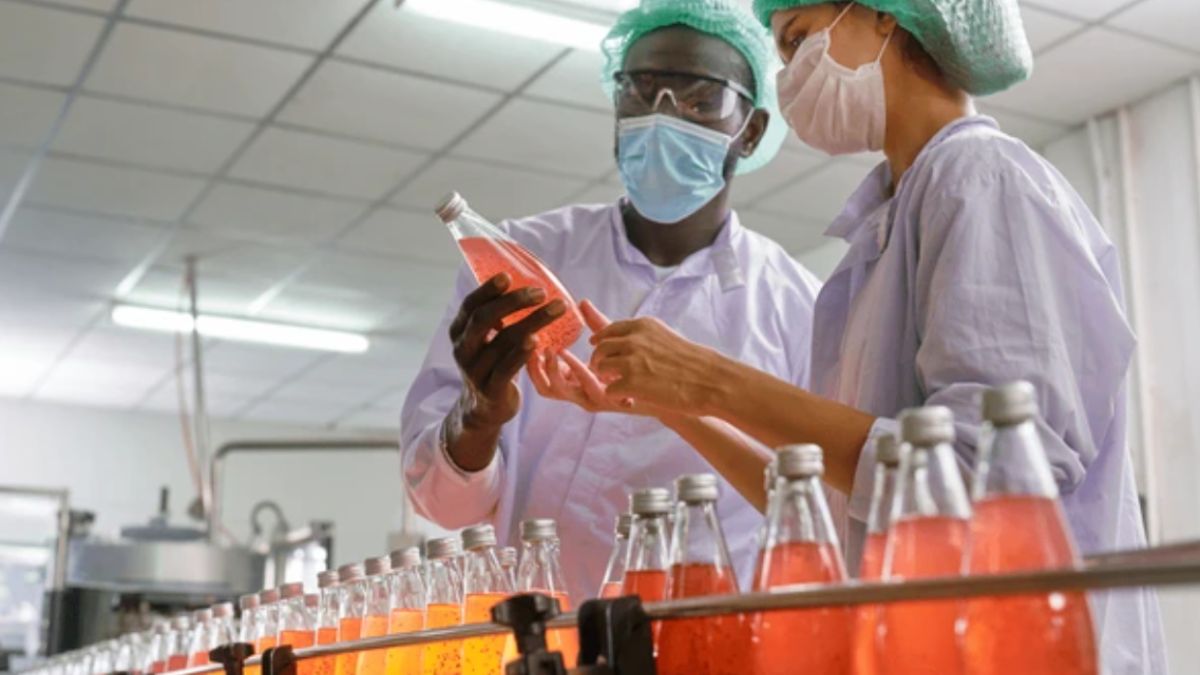
The Food Safety and Standards Authority of India (FSSAI) has issued a directive requiring food businesses to cease claiming that their canned fruit juices are "100% natural." This decision stems from concerns over misleading advertising and the potential health risks of these products.
Table of Content:-
The Appeal and Reality of Packaged Fruit Juices
Many consumers enjoy packaged fruit juices, often believing they are consuming pure fruit juice. However, despite these claims, many of these products contain high levels of added sugar. The FSSAI has scrutinised these claims, determining that they can be misleading and detrimental to consumer health. As a result, companies must stop labelling and advertising their products as '100% fruit juice.'

FSSAI's Directive and Industry Compliance
In an official statement, the FSSAI mandated that all Food Business Operators (FBOs) remove any '100% fruit juice' claims from labels and advertisements for reconstituted fruit juices. This directive comes after numerous reports of companies making such misleading claims. The FSSAI has set a deadline of September 1, 2024, for FBOs to eliminate existing packaging materials that include these claims.
Understanding the Misleading Claims
According to the Food Safety and Standards (Advertising and Claims) Regulation 2018, no company is permitted to claim their product is '100% fruit juice.' These products often contain significant amounts of water, and a small addition of fruit juice or pulp does not qualify them as pure juice. The FSSAI's stance is that such misleading claims should be entirely banned, urging FBOs to adhere strictly to food safety standards.
Also Read: ICMR Cautions Against Repeatedly Heating Cooking Oil, Says It Increases Cancer Risk

New Labelling Requirements
Under the new directive, companies must label reconstituted juices with the word 'reconstituted' prominently displayed. Additionally, most of these juices have added sugar to enhance flavour. If a product contains more than 15 grams of sugar per kilogram, it must be labelled as 'sweet juice.' The FSSAI is committed to enforcing these regulations to protect consumers from misleading information and potential health risks.
Health Implications
The high sugar content in many packaged fruit juices poses a significant health risk. Excessive sugar intake is linked to various health issues, including obesity, diabetes, and heart disease. By enforcing these new labelling regulations, the FSSAI aims to ensure that consumers are better informed about what they are drinking, helping them make healthier choices.
Also Read: ICMR Suggests These 17 Essential Dietary Recommendations For A Healthier India
The FSSAI's directive is a crucial step in promoting transparency and honesty in food labelling. By banning misleading '100% fruit juice' claims and enforcing stricter labelling requirements, the FSSAI is working to protect consumer health and ensure that food businesses operate within established safety standards. Consumers should be aware of the contents of packaged fruit juices and be cautious of products with high sugar content, even when they are marketed as natural or healthy options.
Also watch this video
How we keep this article up to date:
We work with experts and keep a close eye on the latest in health and wellness. Whenever there is a new research or helpful information, we update our articles with accurate and useful advice.
Current Version